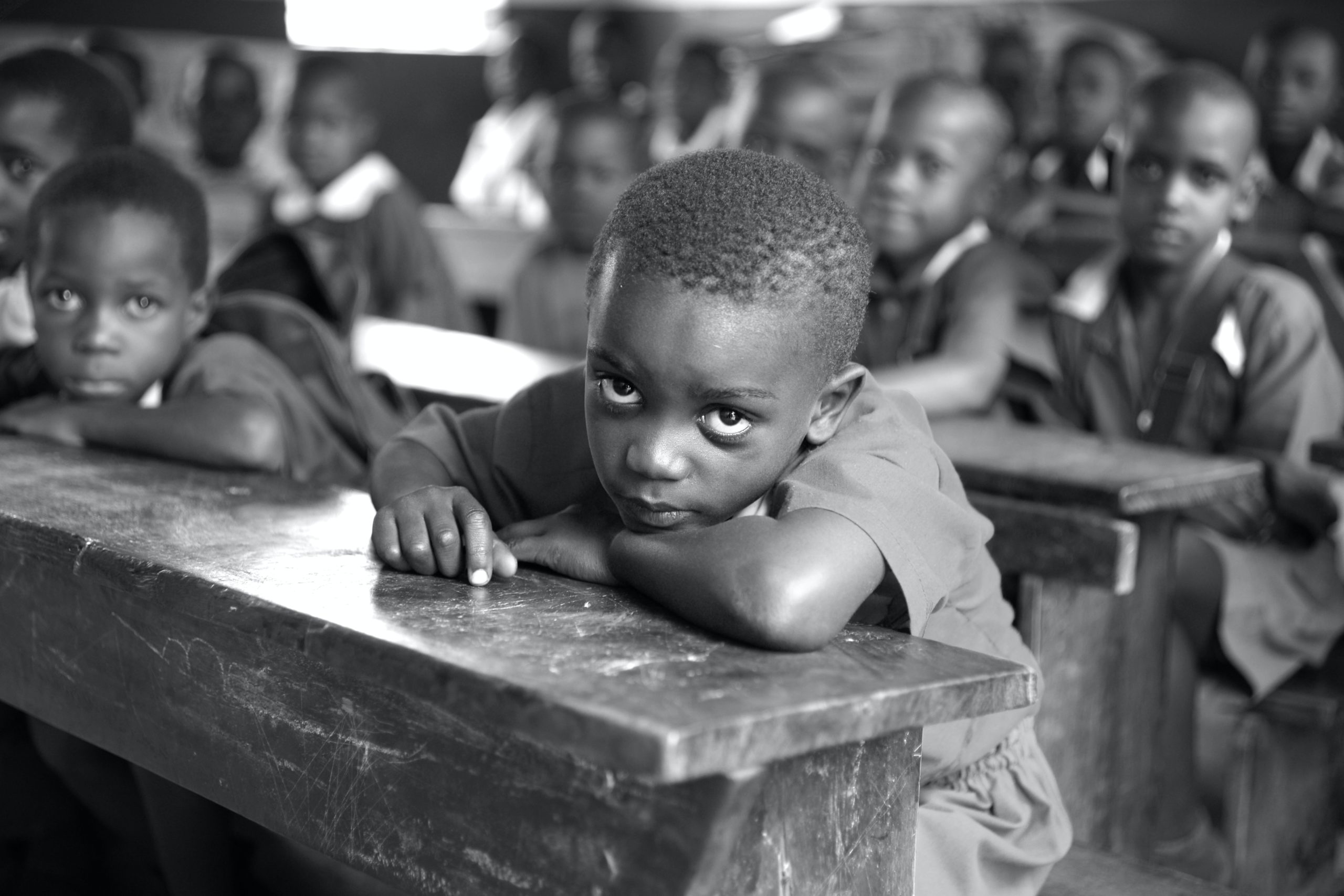Michaela Cullen
UNICEF recently released a report that claims Covid-19 has created an education crisis.
Approximately 405 million school students have been held back from reattending school, according to the UNICEF report Are Children Really Learning?
Three years of the pandemic has brought with it an education emergency across 32 low and middle-income countries and territories with schools yet to reopen. Low school attendance rates after lockdown have been documented by UNICEF from Latin America and the Caribbean, South and East Asia, and Pacific regions.
“We need a concerted global effort to make education a top priority in COVID-19 recovery planning.”
Since the beginning of the pandemic, the number of out-of-school children has increased within certain African regions, leading these children to become “vulnerable and marginalised,” according to the report.
It was found in Kenya that 16% of girls and 8% of boys aged 10-19 years old from a surveyed 4,000 students did not return to school after lockdown.
Last week, UNICEF posted on Instagram that 1 in 10 students did not return to the classroom in Uganda.
In Liberia, school attendance was just under half of the number of students before lockdown.
Through their research, UNICEF found that only 30% of school students attending grade 3 have basic foundational skills in reading and only 18% with foundational skills in numeracy.
The report states that education needs more global attention to ensure students are back in the classroom and are building on their foundational skills. UNICEF highlights that nearly 147 million children worldwide missed approximately two trillion hours of in-person education, stating that “we need a concerted global effort to make education a top priority in COVID-19 recovery planning.”
“The learning crisis has escalated to new heights.”
“The COVID-19 pandemic, and the resultant school closures have created an urgent need to reimagine education,” said the report.
Following the data revealed this year, the UNICEF report states that “the learning crisis has escalated to new heights,” and it is vital that children get back into their classrooms. It was found that children, particularly young girls, are vulnerable to human rights abuses without school attendance.
UN Deputy Secretary-General Amina Mohammed responded to this report in a press release last month, saying “Some 10 million more girls are at risk of child marriage, and decades of hard-earned progress on access to quality education will be erased.”
The necessity of education remains at the heart of the UN’s 17 Sustainable Development Goals, aiming to make education accessible to every child across the world.
“It is central to progress across all 17 Sustainable Development Goals; to securing peace and human rights; reducing gender inequality; and narrowing divides between rich and poor,” said Miss Mohammed.
“An urgent wake-up call.”
“Even before the pandemic, education systems were struggling to give learners the knowledge, skills and values needed to thrive in our rapidly changing world,” said Miss Mohammed.
“The world is facing a generational catastrophe… the report released today by UNICEF, the World Bank and the United Nations Educational, Scientific and Cultural Organization (UNESCO) is an urgent wake-up call.”
Featured image courtesy of bill wegener on Unsplash. No changes were made to this image. Image license can be found here.

